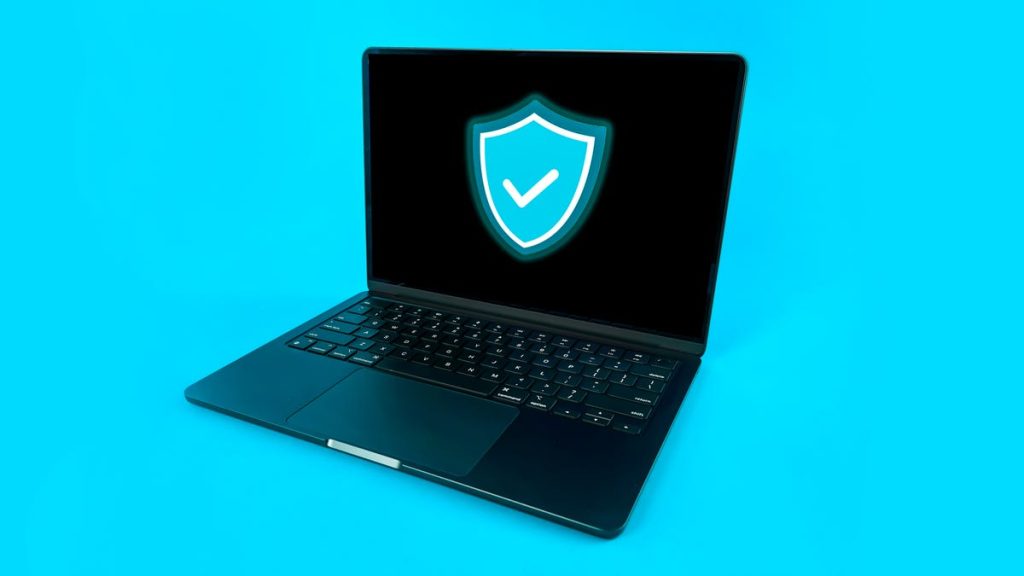Both a virtual private network (VPN) and an antivirus program serve different purposes in protecting your digital life. While a VPN focuses on privacy by encrypting your internet traffic and changing your IP address to help keep your online activity private, antivirus software helps keep your devices secure from outside threats like viruses and malware. The internet is full of risks and bad actors who may be after your personal information, making it important to have both a VPN and antivirus program to stay safe online.
A VPN works by routing your data through an encrypted tunnel to a secure server in another location, changing your IP address in the process. This helps boost your online privacy by making your internet traffic indecipherable to potential threats like your ISP, government, hackers, or network administrators. It also allows you to access geographically restricted content, bypass firewalls, and improve your internet speeds. A VPN is especially important for individuals with critical privacy needs, such as activists, whistleblowers, journalists, and lawyers, who may need to communicate securely online.
An antivirus program scans your device for known viruses and malware, detecting and blocking threats to keep your computer safe. It can also warn you about malicious links or attachments that may infect your computer with malware. By keeping your sensitive data out of the hands of online criminals, an antivirus program can help guard against fraud and identity theft. Additionally, some antivirus solutions can scan the dark web to identify compromised email addresses, offering added security for your online accounts.
While both VPNs and antivirus programs offer significant benefits in protecting your digital life, they each have limitations. A VPN focuses on privacy and encrypting your internet traffic, while an antivirus program is specifically designed to detect and remove viruses and malware. Therefore, it is recommended to use both tools together to ensure comprehensive online privacy and security. By combining a VPN and antivirus program, you can plug the gaps where each solution may be limited in its abilities, providing a more robust defense against cyberthreats.
In addition to using a VPN and antivirus program, practicing proper cyber hygiene is essential to keep your data safe online. This includes avoiding suspicious emails, using strong passwords, enabling two-factor authentication, keeping software updated, and backing up your data regularly. While VPNs and antivirus software are valuable tools for enhancing online security, they are not 100% failsafe and cannot protect against every online threat. By staying vigilant and leveraging a combination of tools and best practices, you can effectively protect yourself in the digital world.


